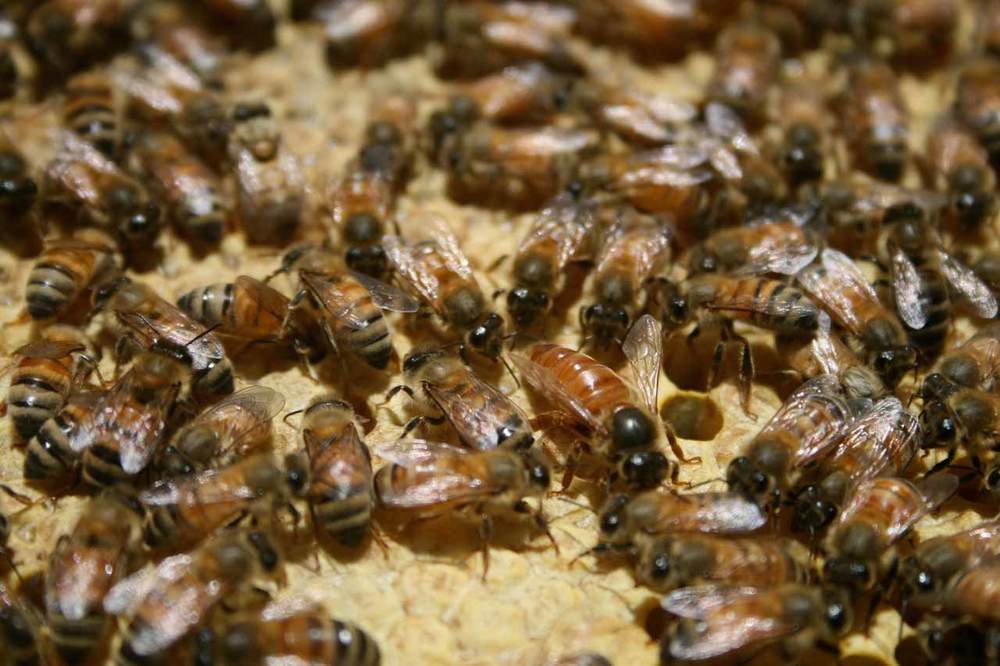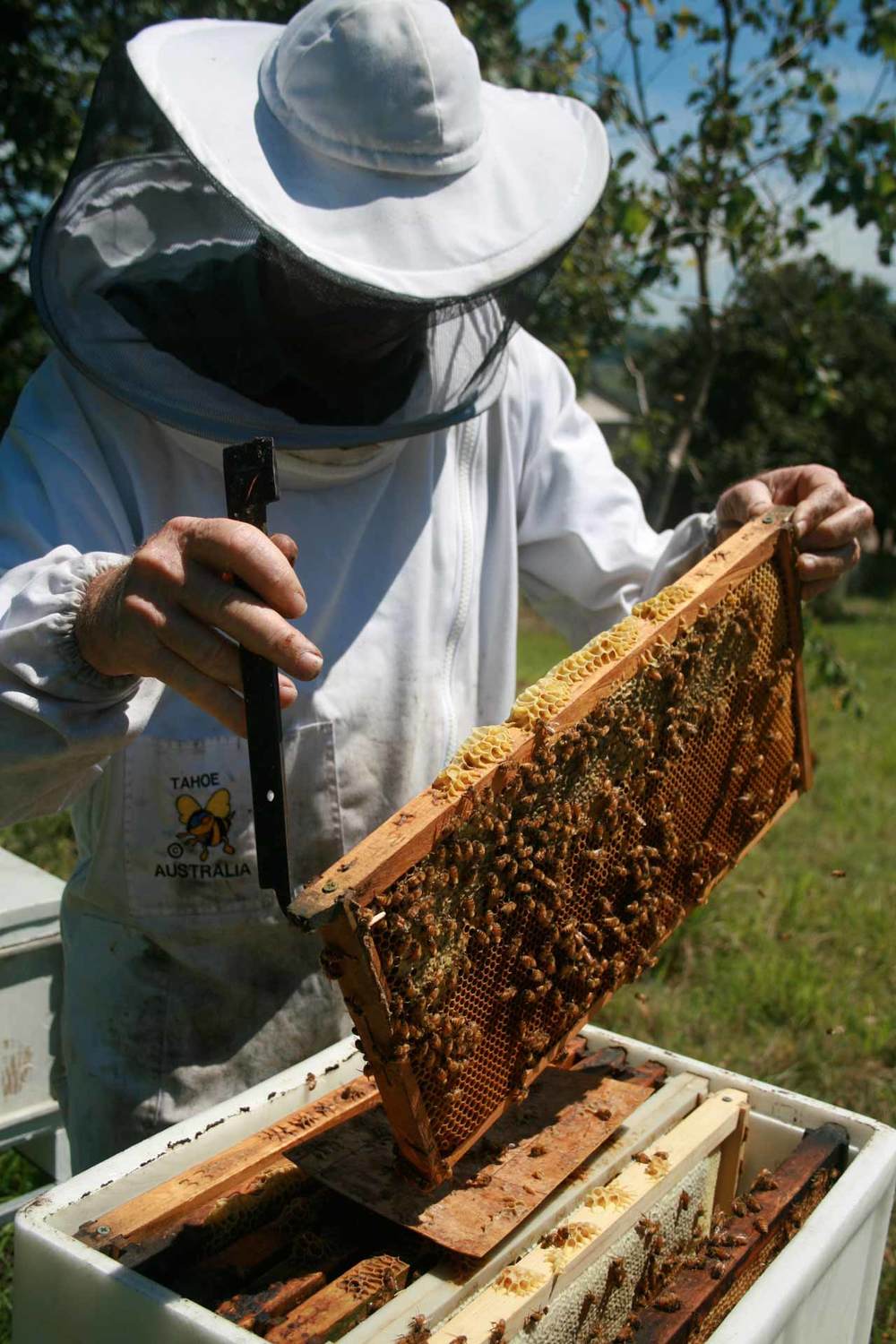The sweet hobby of bee keeping gains popularity
Liina Flynn
23 May 2020, 1:16 AM

This week, we celebrated World Bee Day, so The Lismore App is bringing a little sweetness to your lives with a look at the world of bees through the eyes of local beekeeper Brian Windows, today and in tomorrow’s Sunday Profile.
The past year has been the worst year for Lismore beekeeper Brian Windows’ honey bees.
After 30 years of keeping bee hives, Brian said the drought, the fires and the rain impacted last year impacted his bees so much that his normal honey yield was more than halved.
From his 50 hives, he normally get five tonnes of honey, but he was lucky to get under half that.
“The drought affected the flowering of macadamias in spring and there was little yield.
“Then I took the hives to Bungawalbin and then the fires came and I had to rush out there and move them ahead of the fire.
"I took them to the macadamias, but the custard apple growers there didn’t like the bees stealing pollen. The bees don’t do well in bush either.
“In autumn I move them to the broad leaf tea tree, but it was raining and so wet, I couldn’t get up hill to move them and I missed first flowering.”
The shortage of honey means that the price of honey has gone up. Brian said Capilano normally pay $3 a kilo for honey, but now the price is $6.40 per kilo.
Brian said despite rumours, Capilano honey is not watered down, but it is heated up to make it easier to flow -and this denatures the honey a bit.
These days, China is the biggest honey producer in the world.

Queen bee and the worker bees.
Bigging up the bee club
Brian is the secretary of the Northern Rivers Amateur Beekeeping Club and he said the club has grown from 40 members to 150 over the past ten years. The main reason is the invention of the flow hive by locals who live at the Channon.
The flow hive makes bee keeping cheaper and easier and people are joining the club to learn about how to do it with their flow hives.
Brian said it’s good news for bees and honey production, as more people are getting into producing local honey.
With a global decline in bee populations and in the volume of honey being produced, the increase in beekeeping means rather than the death of a sweet industry, it’s a locally growing one.
“When they are starting out with their flow hives, they come to me to get their stock of European honey bees,” Brian said.
“Then they have to have to learn how to look after them and we teach people to look out for common diseases.
“Fifty years ago, some of the diseases we now have were unheard of, and the hive beetle is a big problem – if people have them, they have to destroy the hive and the bees and get the equipment sterilised.”

Brian and his hive.
Flow hive
In a conventional bee hive, bees put honey into wax cells and the bee keeper then spins the frame with the wax cells to extract the honey. It can be expensive to get the machinery to spin the honey.
The flow hive design however, has plastic hexagonal cells that split up the middle – so, spinning the frame is unnecessary and makes the extraction process cheaper.
“You turn a lever and it separates the cell into two halves and the honey runs out of a pipe in the back and into a jar,” Brian said. “You wind the lever again and they come back together again.”
Costs
If you are interested in starting your own hive, Brian said it costs about $100-$300 for a conventional hive. You will also need to buy a bit more equipment, plus your bees – starting with a minimum of 10,000 bees.
“You’ll get 1000 kilos of honey a year from a full scale hive,” Brian said. “That’s a profitable hobby.”
To find out what it’s like to tour a bee hive and go indepth into the world of bees, read tomorrow’s Sunday Profile and take a sunny day stroll with Brian as he tends his bees and find out some interesting and funny insights into the sweet world of honey bees.